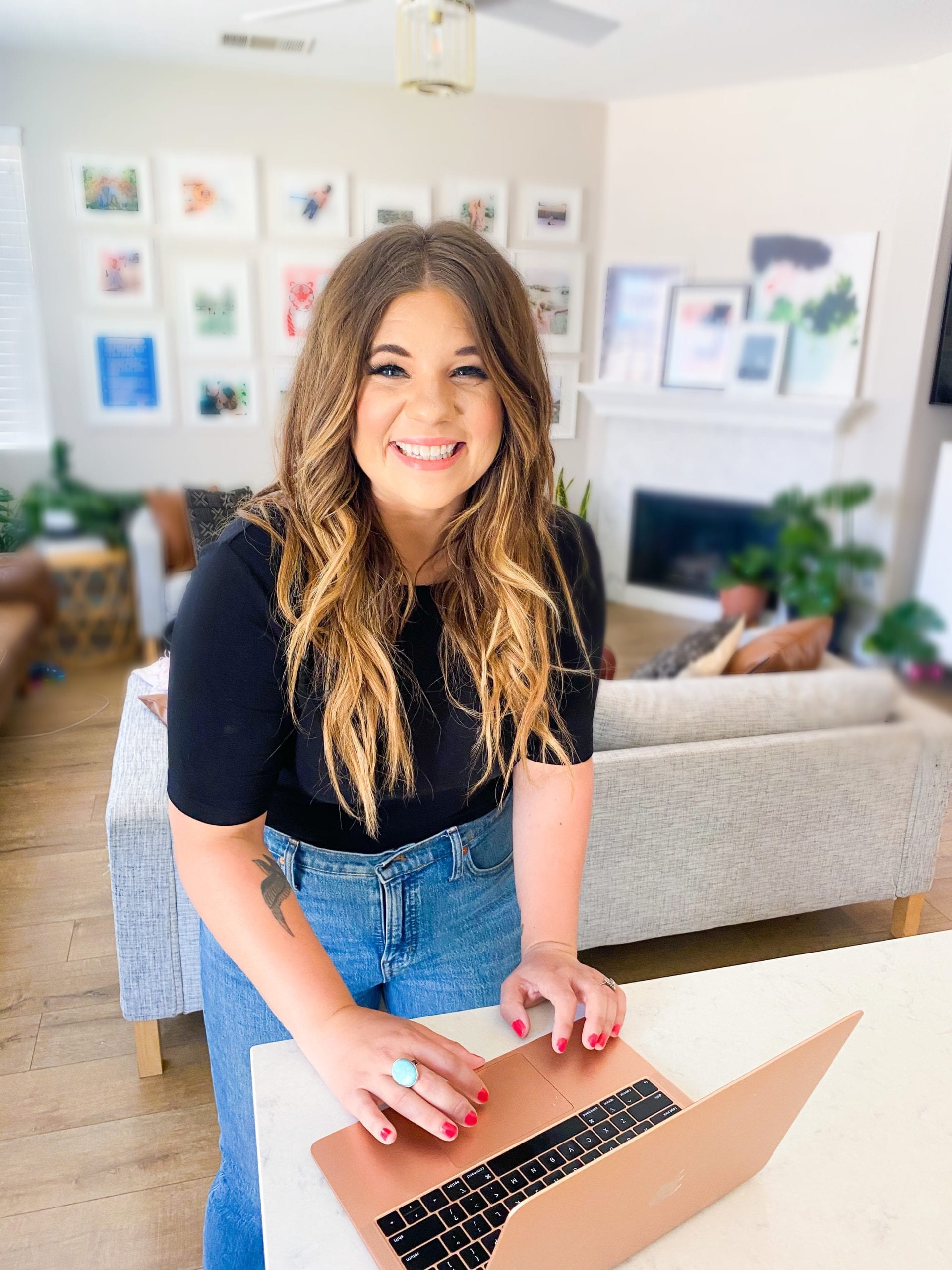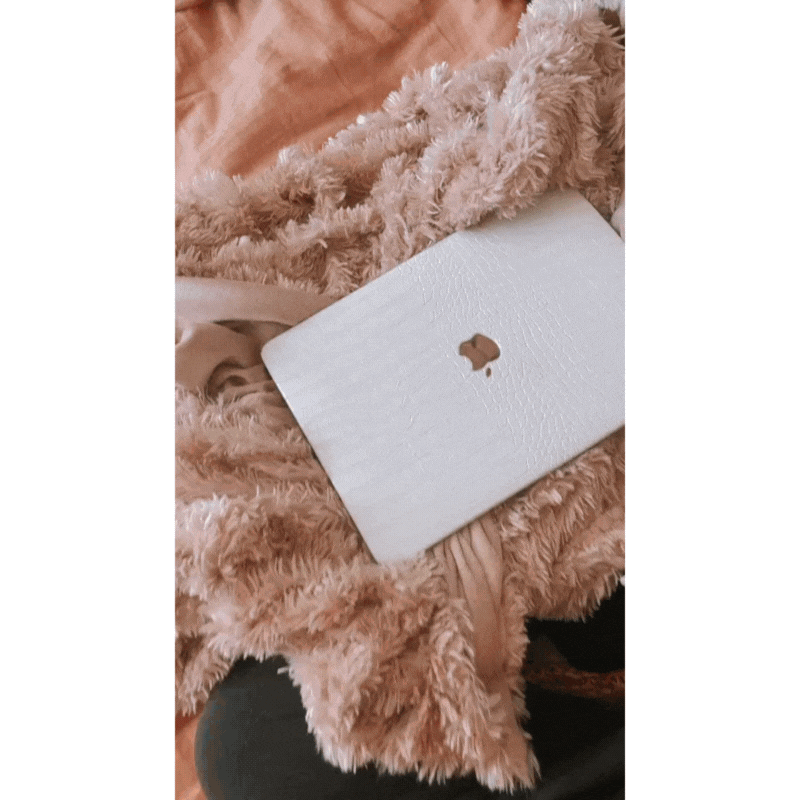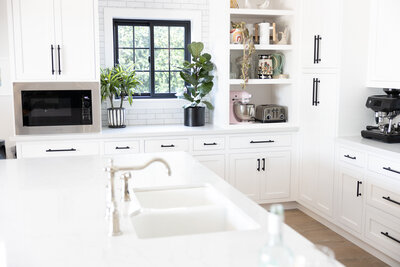Not Found
Sorry, but the requested link was not found


In case you missed my live announcement on Instagram… I GOT A BOOK DEAL! GUYS! I’M GOING TO BE A PUBLISHED AUTHOR! Things like this can sometimes seem like luck, so I’m sharing a few pieces of what led to this moment you’re seeing in that pic above (that’s the moment I signed my […]
A sanctuary for moms who are ready to break free from the hot mess mom culture and create a life they truly love. Here, you'll find an abundance of inspiration, practical tips, and empowering stories that will uplift and motivate you on your journey.
Whether you're seeking ways to simplify your home, find balance in motherhood, pursue your passions, or nurture your own well-being, this is the place to be.
Sorry, but the requested link was not found


Freebies that don't suck
It's SO easy to be caught up in the motions of everyday routines and obligations. I see you, I know that what you really want is to have ownership over your life.This cult-favorite guide is going to help you harness the power of self-reflection, without making your brain work more than it already is.




Say goodbye to overwhelm and hello to a clutter-free home! Join over 300,000 women who have already transformed their living spaces with my free workbook.
Not sure on where to start? I got you.
Free guide
Get ready for new episodes each week where nothing is off limits... seriously.
Join the millions who have already hit play and discover why it's the go-to choice for moms seeking inspiration, laughter, and real-talk conversations.

